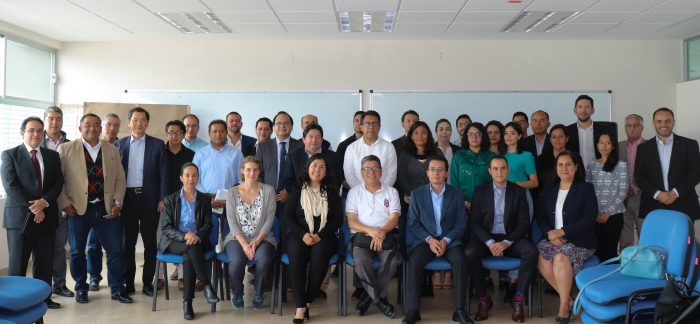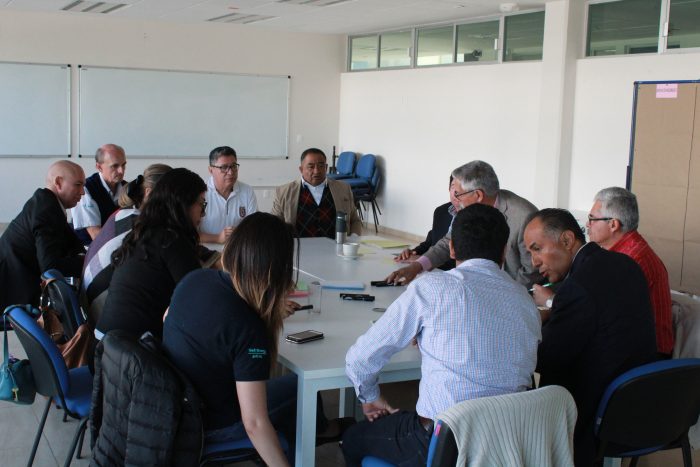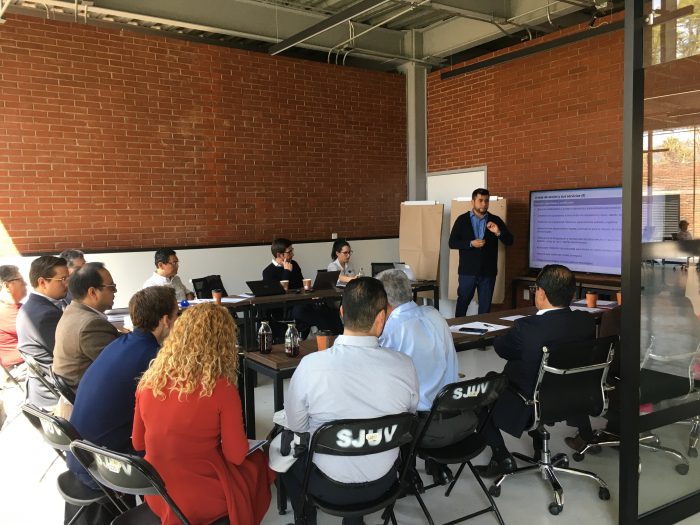Technological innovation is a way to promote local climate action and determined processes of green economic reactivation. Since 2019, the Secretariat for Sustainable Development of the state of Querétaro (SEDESU) in coordination with the Deutsche Gesellschaft für Internationale Zusammenarbeit (GIZ) GmbH through the project Enhancing the Coherence of Climate and Energy Policies in Mexico (CONECC) have worked on the creation of an innovation Hub, now named HUBIQ, in the field of renewable energy and energy efficiency. HUBIQ seeks to develop competencies and capacities in startups, ventures, and other actors that seek to promote technological innovations for the deployment of sustainable energy in the state, through the strengthening of business models that incorporate the social, economic and environmental effects of these technologies. To achieve this, the aim is to promote a linkage platform based on the triple helix cooperation model —made up of government, companies and academia— constituting the core of the Hub’s value proposition.
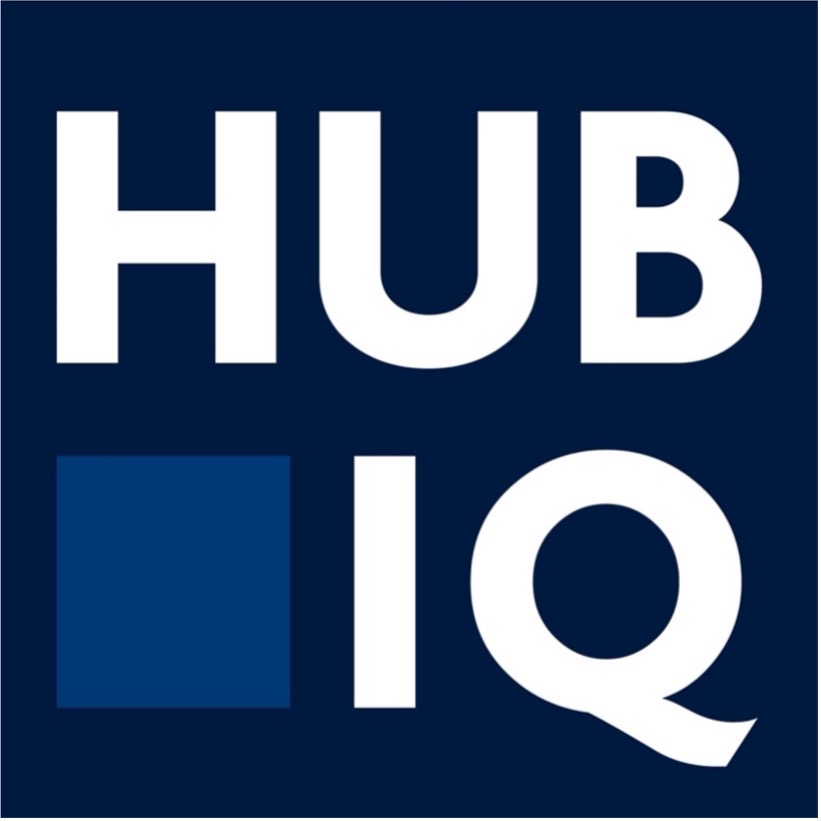
The event featured messages from the State Secretary for Sustainable Development, Marco A. del Prete Tecero; the President of the Energy Cluster, Patrice Rimond; the Director of the CONECC project, Jonas Russbild and Natalia Nila Olmedo, Director of the Reconfigurable Control Research Laboratory (LiCore). It was stated that HUBIQ would promote technological innovation and synergies with various actors to seek innovative solutions to climate change and strengthen the local energy ecosystem.
The study “Towards an Optimal Concept for the Implementation of a Technological Innovation Hub in Renewable Energies and Energy Efficiency for Climate Action in Querétaro” was also presented, in which the analysis of alternatives and viability was carried out, which led to the implementation of the Hub in the state of Querétaro. The study includes a documentary analysis and diagnosis of the local electricity market and the local innovation ecosystem, and a set of alternatives that led to an action plan for the creation of the platform. Furthermore, the process adopted a multi-stakeholder and highly participatory approach, including more than 90 local stakeholders from the innovation sector.
El jueves CONECC asistió al arranque del @hubiqro ⚙️ y la presentación del estudio “Hacia un concepto óptimo para la implementación de un Hub de #InnovaciónTecnológica en #Qro” el cual demostró la importancia de nuevos modelos de cooperación para la #innovación y #sustentabilidad pic.twitter.com/7Gvxmriubs
— Conecc_Mx (@Conecc_Mx) January 29, 2021
Dersu Figueroa Zaráte, HUBIQ coordinator, presented the activities and objectives of the project, along with the areas of specialization and its offer of services, which includes: strengthening human capital capacities through training and technical training; business relations, and services for the maturation and commercialization of technologies. Natalia Nila, Director of LiCore, presented the Technological Innovation Project Acceleration Program, which is financed by the Support for the Implementation of the Energy Transition in Mexico (TrEM) program. Through this program, the first generation of HUBIQ projects and other invited MSMEs from the state energy sector have strengthened their technological innovation capabilities and promoted a green economic reactivation in the face of the crisis caused by the SARS-CoV-2 virus.

HUBIQ’s next milestone will be its formation as a Civil Association (A.C.). In addition, it is expected that the official start of HUBIQ will help inspire other states in the Mexican Republic to promote the energy transition and local climate action through Innovation Hubs.
The Hub’s experience allows us to identify the potential of technological innovation to achieve Mexico’s climate goals, with an emphasis on disruptive approaches applied to energy transition processes and recognizing the contribution of the sub-national level; this translates into the strengthening of ecosystems of innovation and strengthening of the links that allow the sustainability and impact of innovation in favor of sustainable development.
To see the live recording of the official start, click here (in Spanish).
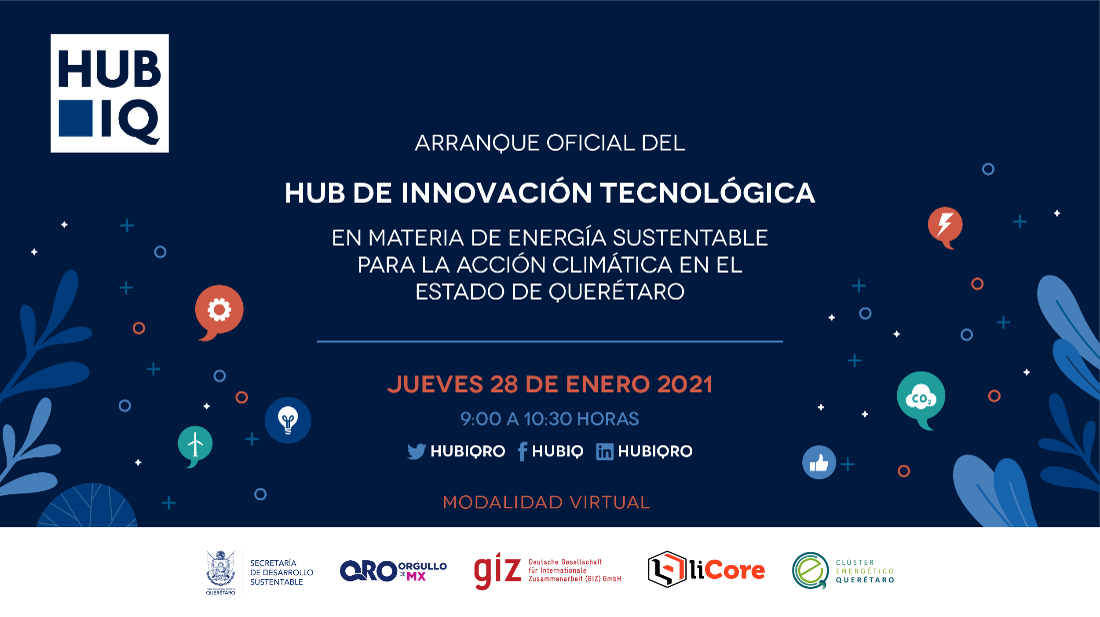
For more information, you can consult and download the study in PDF as well as the presentations of the event speakers.
- Study: “Towards an Optimal Concept for the Implementation of a Technological“
- CONECC Presentation
- Dersu Figueroa presentation – HUBIQ Coordinator
- Natalia Nila presentation – LiCORE Director
.

